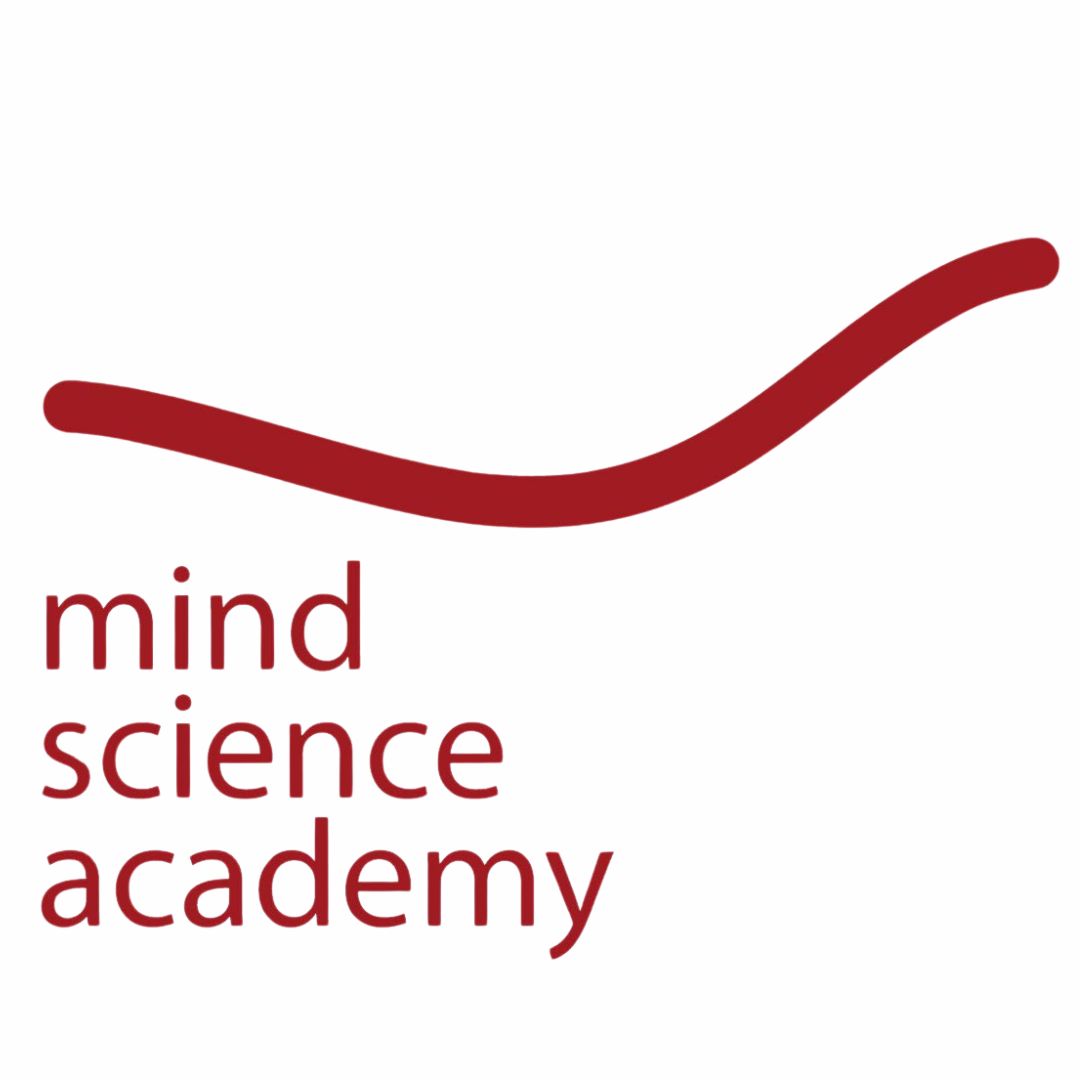by Carlo Carnevale
The debate confronting the two paradigms partly relates to how we define that which is shared or universal. Even within its constructivist perspective, Barrett accepts the existence of universals. Indeed, his model envisages affects that are constantly fluctuating in valence (positive or negative) The debate confronting the two paradigms partly relates to how we define that which is shared or universal. Even within its constructivist perspective, Barrett accepts the existence of universals. Indeed, his model envisages affects that are constantly fluctuating in valence (positive or negative). There is also the universally predictive nature of the brain, leading to what Barrett calls affective realism, meaning that you experience what you believe, and therefore, changing the experience means changing a set of beliefs. According to Barrett, there are universal concepts essential for emotions (we will see what she means shortly, for now, think of concepts as experiential baggage). Finally, there is a social reality, representing the actual context in which emotional experience occurs. . realismo affettivo, con cui intende affermare che si ha esperienza di ciò in cui si crede (you experience what you believe) e che quindi modificare l’esperienza significhi modificare una serie di credenze. Vi sono, per Barrett, concetti universali essenziali per le emozioni (vedremo di seguito cosa intende, per ora basti pensare ai concetti come bagaglio esperienziale). Vi è infine una realtà sociale, che rappresenta il contesto effettivo nel quale si verifica l’esperienza emotiva.
Regarding affect, our emotional life (within a broader context) is described as a matter of body budgeting, i.e., online allocation of resources (water, minerals, glucose, etc.), in line with predictions about the organism's needs before they arise (allostasis).
"Consider what happens when you're thirsty and you drink a glass of water. The water takes about twenty minutes to reach the bloodstream, yet you feel quenched within thirty seconds. What relieves thirst so quickly? Your brain. It has learned from past experiences that water represents a deposit in your body budget that will serve to hydrate, so the brain extinguishes thirst long before water has a direct effect." (L. F. Barrett, 2020, Your Brain Is Not for Thinking)
"In fact, the simplest thing you can do to control your emotions is to keep your body budget (literally, body balance) in (good shape)." Later, in the self-help section of her book, Lisa Barrett will clarify what this means concretely, at the level of emotional regulation strategy (theory of change).
The formula for emotional control would, predictably, involve adopting good sleep hygiene, physical exercise, a healthy diet, nurturing relationships, seeking physical contact and pleasure, resisting the temptations of spending and toxic relationships. Other aspects of this formula, perhaps more significant, include paying attention to the granularity of your emotional experiences, continuously developing new concepts to describe and understand them, to find useful and appropriate ones. Learning new words; avoiding overthinking. Promoting curiosity and creativity at the expense of stagnation. All of this nourishes the flexibility with which we attribute meaning to our experiences and those of others.
From chapter 9 to chapter 12, How Emotions Are Made reads like a guide to creative living, a panacea for the constructivist soul, sprinkled with quotes from classical Buddhism, explicit references to mindfulness meditation, and the utility of Eastern concepts of self-deconstruction.
"Our self rebuilds itself at every moment by the same central predictive systems that construct emotions including, among others, the two networks familiar to us (interoceptive and control), in the act of categorizing the continuous flow of sensations from the body and the external world." (L. F. Barrett, 2017, How Emotions Are Made)
The virtue of the "constructivist revolution," Barrett argues, is that it empowers us over our minds and, by extension, the world. We are not puppets pulled by biologically wired strings. Instead, we can change our concepts and reality will follow. Learning new concepts adaptively, as a top-down biofeedback strategy for emotional regulation, takes on the aspect of individual responsibility.
It is worth highlighting at least one critical aspect of this position: in the transition from theory to emotional practice, it echoes the well-known New Age (and neoliberal) mantra: we are the creators of our reality. While this call to private responsibility may have a legitimate place in therapeutic discourse, it fails to restore a legitimate space of action in a more complex social reality; a space of action that, in privatization, becomes depoliticized.
Sources & Further Readings:
L. F. Barrett, 2017, “How Emotions Are Made”.
L. F. Barrett, 2020, Your Brain Is Not for Thinking, The New York Times.
M. Fisher, 2012, Why Mental Health Is a Political Issue, The Guardian.



